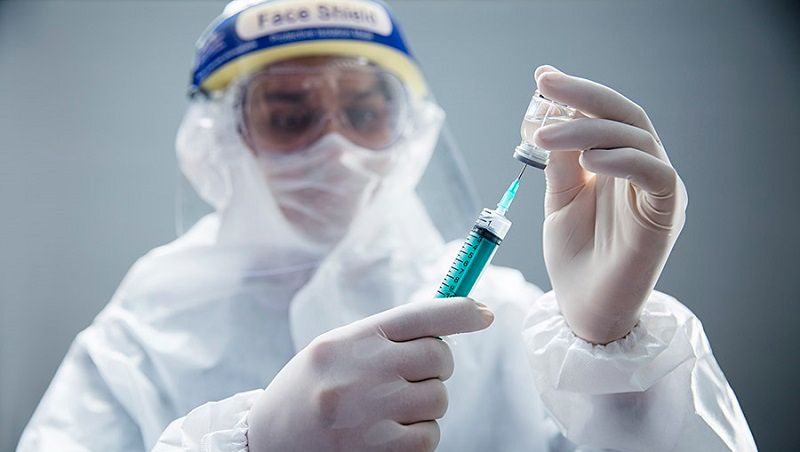AstraZeneca Covid-19 Vaccine Trial Put on Hold Due to Suspected Adverse Reaction

Phase 3 testing of Covid-19 vaccine being developed by AstraZeneca and the University of Oxford at dozens of sites across the U.S. has been put on hold due to a suspected serious adverse reaction in a participant in the UK.
The participant was a woman in the U.K who experienced neurological symptoms consistent with a rare but serious spinal inflammatory disorder called transverse myelitis, the drug maker’s chief executive, Pascal Soriot, said in a private conference call with investors on Wednesday morning.
The woman’s diagnosis reports have not been confirmed yet, but she is improving and will likely be discharged from the hospital soon, Soriot said.

The company issued a statement on 9th September, attributed to Soriot, saying AstraZeneca would be guided by a committee of independent experts in determining when to lift the hold on the trial “so that we can continue our work at the earliest opportunity to provide this vaccine broadly, equitably and at no profit during this pandemic.”
AstraZeneca’s is the first Phase 3 Covid-19 vaccine trial known to have been put on hold. Such holds are not rare, and it’s not clear how long the hold will last.
Francis Collins, the director of the National Institutes of Health, told a Senate panel. “To have a clinical hold, has been placed on AstraZeneca as of yesterday, because of a single serious adverse event is not at all unprecedented,” Francis Collins said
“This certainly happens in any large-scale trial where you have tens of thousands of people invested in taking part, some of them may get ill and you always have to try to figure out Is that because of the vaccine, or were they going to get that illness anyway?”
ALSO READ: Patna Airport will be Able to Handle 80 Lakh Passengers Annually
AstraZeneca only began its Phase 3 trial in the U.S. in late August.
The Phase 3 trial in the United State target to enroll around 30k participants at 80 sites across the country, according to a release last week from the NIH.





